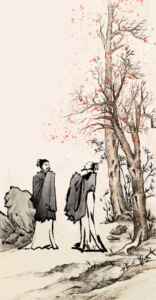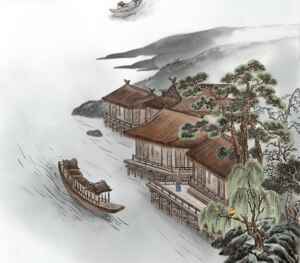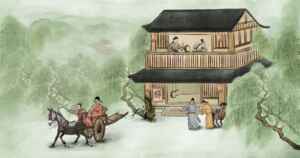Exactly ten years ago, I...

Each Lesson includes:




Welcome to this brief analysis of Wang Wei’s celebrated poem about the poignance of separation from a friend departing on a mission to Central Asia

Thoughts on a Quiet Night – Li Bai 靜夜思 – 李白 A brief introduction to one of the best-loved and most frequently-recited poems in the










